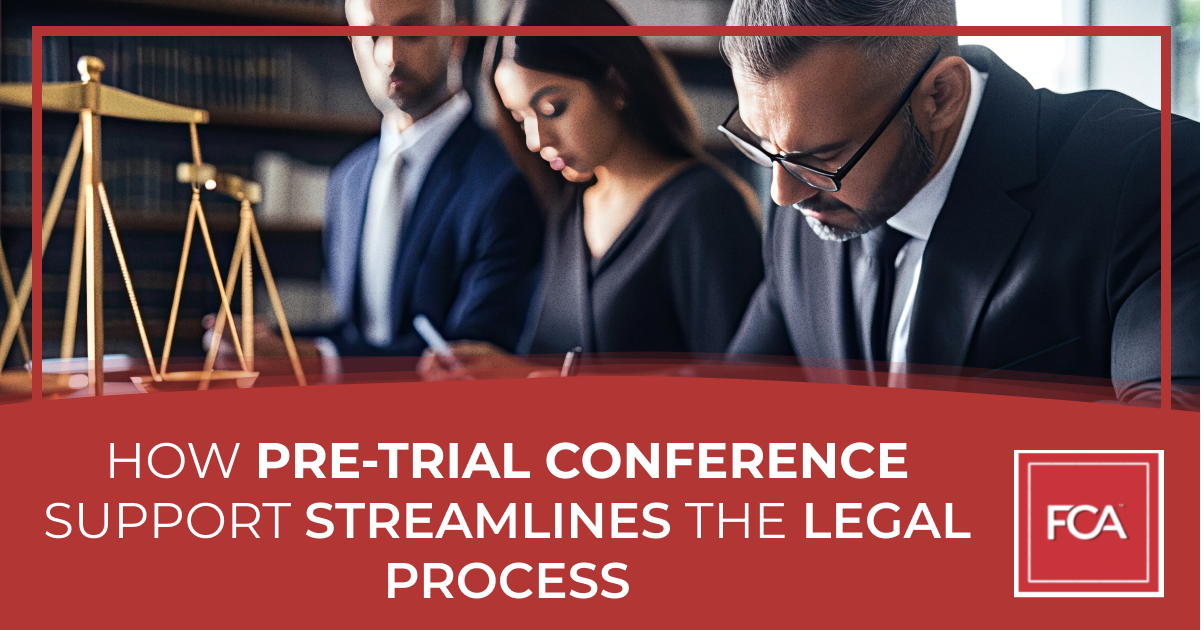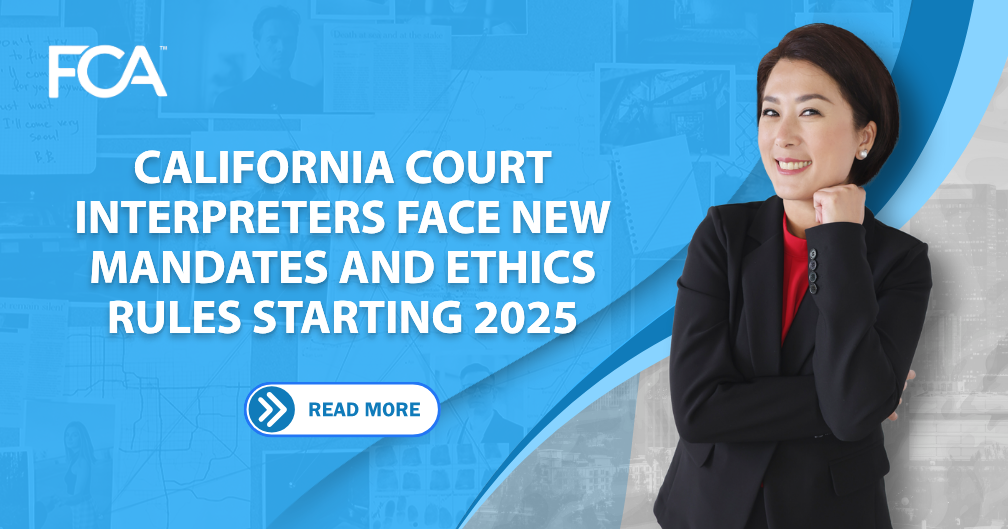Filing a lawsuit requires knowledge of various rules and processes; pre-trial conference support helps save time and money as your case nears the trial phase. The pre-trial conference is one of the first steps after a general litigation pleading. Whether through a legal consultation for a pre-trial meeting or conference preparation funding, it can be streamlined so your firm can focus on litigation.
What Is a Pre-Trial Conference?
A pre-trial conference takes place after the initial round of pleadings. At this point in the legal process, the judge and lawyers meet to set a timeline of activities leading up to a trial. These include deposition, discovery, and general litigation preparations, while a date for the trial may be set (this can be adjusted as needed).
What Happens During a Pre-Trial Conference?
In a personal injury case, a pre-trial conference is a meeting between the judge, the plaintiff’s counsel, and the defendant’s counsel. A topic of discussion is whether the parties are close to a settlement and if one can be reached before a trial begins. At the point, the judge can help guide the parties toward a resolution.
If it’s unlikely the parties will settle, the judge will ask for various details about the case. These include:
- How long do they expect the trial to last?
- How many jurors do they believe are needed?
- A list of admissible exhibits
- The witnesses each party plans to call
- Objections any party has to the testimony
During a pre-trial conference, a motion in limine is often filed by the plaintiff’s counsel. This is an attempt to get the court to pre-rule on objections to evidence. The goal is to avoid presenting evidence or questions to the jury that may be considered prejudicial or inflammatory.
Issues Discussed at a Pre-Trial Conference
Pre-trial conference support can include help addressing key legal issues in a case. During the meeting, the judge will attempt to simplify issues and obtain details about the plaintiff’s past medical expenses, lost wages (past and future), and lost earning capacity. Their future medical needs will also be discussed. Intended to promote a fair and speedy trial, the conference also covers a range of other preliminary details, such as the evidence to exclude and the identity of witnesses who will testify.
In addition, the pre-trial conference provides the opportunity to:
- Eliminate frivolous claims or defenses
- Identify documents for use as evidence
- Acquire admissions of guilt or liability
- Discuss a timeframe for submitting motions and briefs
- Discuss possible rulings on previous motions
A pre-trial conference is conducted in the same way for a civil case as a criminal one. The judge can set a schedule for the trial and eliminate repetitive or unnecessary evidence. They can make motions as well. The goal is to save time during the trial. Settlement discussions can occur since a pre-trial settlement can save time and money for the plaintiff, defendant, and the court.
How Are Disputes Settled During a Pre-Trial Conference?
If there are unresolved disputes during a pre-trial conference, the case will likely proceed to trial. However, preliminary issues can be addressed at a special hearing with the court. Funding for a pre-trial strategy can include assistance for this part of the process. During the conference, parties may discuss discovery issues or other matters that can be dealt with on the first day of trial, before the case is heard by a jury.
Is a Pre-Trial Conference Necessary?
The pre-trial conference is a mandatory part of the legal process. Attorneys, plaintiffs, and defendants must be present. Failing to appear can result in the court dismissing the case. The parties in the case can communicate only through their respective lawyers. Meanwhile, the court can help prepare for a trial, facilitate a settlement, and establish managerial control over the case.
Can My Attorney Negotiate During a Pre-Trial Conference?
When preparing for a criminal trial, an attorney can discuss plea bargain negotiations with the judge, even if they’ve discussed the matter with the prosecutor. Attorneys also have the option to inform the judge if a deal has not been reached. This confirms a trial is needed so the judge can lay out the next steps and establish the rules for the trial. The judge can also reject the plea agreement.
Obtain Pre-Trial Conference Support from Fund Capital America
We provide a range of legal support and lawsuit funding services in California. Our team can expedite your legal process with propound discovery, general litigation pleading, and pre-trial conference support, among other services. Going to trial requires time and money. Why not rely on the expertise of a lawsuit funding and support provider so your firm can fight for the settlement your clients deserve? To learn more, contact us online or call (855) 870-2274.



